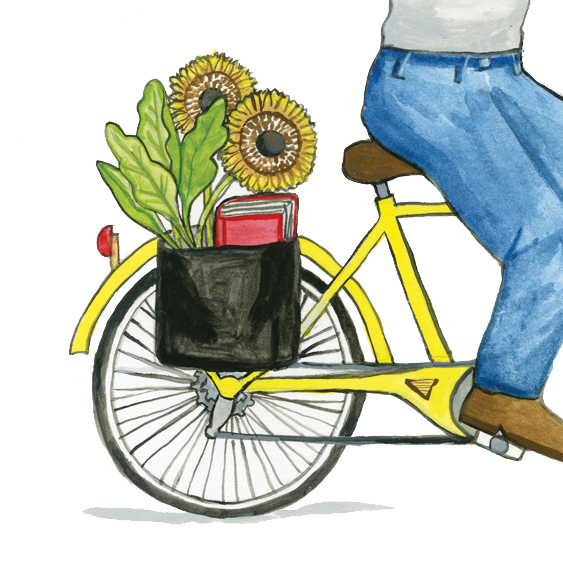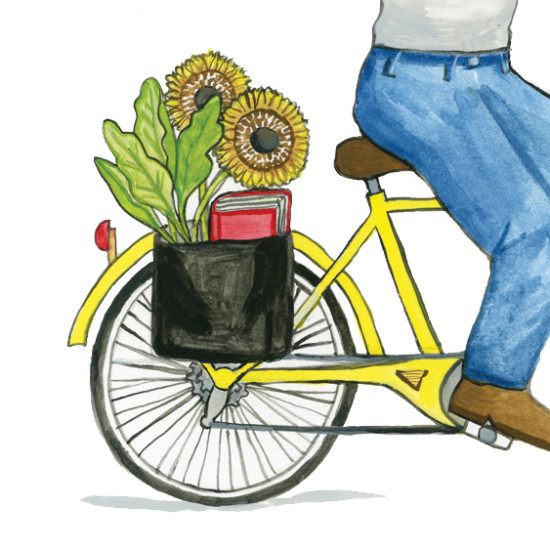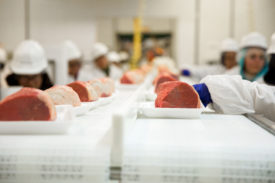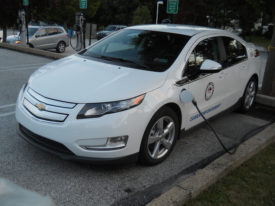Jerrell
The hashtag #GazaUnderAttack has been put to use thousands of times this week for distributing photos of the quickly escalating conflict between Israel and Palestine. Meanwhile, from their cushy London seats, editors at The Economist are taking a broader, historical look at the root cause of conflicts in the Arab world, journeying back a thousand years to when Arabia culturally and economically outpaced Europe. Pondering the expansive question of what has gone wrong in the Middle East, the editors bring back their focus on deciding who is best placed to put things right. The answer is the Arabs themselves.
Staying with news from the United Kingdom, The Guardian bites into the pressing matter of a potential collapse of all things cupcake in the U.S. Perhaps the cupcake economy explosion was always inevitable. American eating habits are fickle, and when vendors are selling tasty treats that cost upwards of $4.00, perhaps it’s only a matter of time before the sugar addicts move onto the next big thing. But the future has arrived in the form of the Cronut—a “food” that is half croissant, half donut—and incredibly patrons in New York City are waiting up to three hours to buy one. Surely, the novelty of such a concoction will never end, right?
Raise your hand if you can recall when a shy, gangly teenage Chelsea Clinton was mocked by Rush Limbaugh and Saturday Night Live…mainly because she was a shy, gangly teenager? Putting such derision in the past, Chelsea is doing very well for herself. At present, she is expecting her first child and over the years she has accumulated impressive degrees from Stanford, Columbia, and Oxford University. Now she is joining the Clinton family business. Politics, naturally. Not quite. Although unfortunately not using the apt-name of Clinton Inc., the family is spinning gold from straw in the speechmaking business. Over the past 10 years, Bill and Hillary Clinton have earned approximately $100 million for their speaking engagements across the globe. In the last year alone, former President Clinton earned the incredible sum of $17 million. Although terrific for the family coffers, one must stand to wonder if the earning of such staggering sums is helpful for future Clinton political endeavors. Outside of ex-Mayor Bloomberg, the recent political record of the ultra-wealthy has been nothing but dismal.
Anna
It seems lots of people are quite willing to pay a few bucks for nothing more than a little joyfulness on the Internet. Behold the whacked out power of social media. Last Thursday, a young man launched a Kickstarter campaign to raise ten dollars to make an unspecified amount of potato salad (enough for his lunch?). So far, he has received nearly seventy grand.
One mom’s tale reveals a lot about the stereotypes and double standards many of us can’t shake when it comes to poverty: “This is what happened when I drove my Mercedes to pick up food stamps.”
“The unmitigated hate for Obama comes from the right, but the real disappointment comes from the left.” Is Obama the best worst president ever?
Serena
The average American produces four pounds of garbage per day, which is about double what Western Europeans do. And someone just photographed it—specifically, he photographed people lying in a week’s worth of their own trash. Wow.
Uber: too big to ban? Wired explains the voracious company’s loss leader strategy:
Loss leaders may be nothing new, but it’s a littler different when you’re losing money on the main thing you sell. To be fair, Uber’s original black car business could make up some of the difference. But the company isn’t likely too worried either way. Its strategy here is much less traditional taxi and much more typical dotcom: grow the user base as quickly as possible and worry about making money later.
And if you missed it, also see Eric’s pick from last week on Uber’s political war machine.
Silicon Valley is snatching up high school interns… and paying them well.
This is no surprise, but I think people frequently forget it: your health food frequently has a hidden sugar bomb.
I am saddened reading the news each day at the shape of the discussion around the thousands of Central American children crossing the US border as they flee their home countries. It’s all about hateful Murietta, California; or about political party insult-volleying over the crisis; or about wondering at what kind of parents would send their children unaccompanied on such a dangerous journey; or simply about the Obama administration desperately avoiding using the term “refugee crisis,” favoring “humanitarian crisis” instead because it reduces what we are compelled by international law to do for these kids. This term, too, frees us from having to think about the conditions they might be fleeing, let alone about America’s foreign and trade policy roles in having facilitated some of their home countries’ instability. And finally: kids. Yeah, these are children, and they’ve just endured—at least, the ones who have survived it—a trip most of the people reading this paragraph will never have to. We should keep this in mind as the conversation continues and perhaps even moves some immigration reform legislation at the national level… though I’m hardly holding my breath for that.
Eric
I recommend listening to Fighting Goliath, KBOO’s long-form investigation into the tar sands of Alberta and the oil industry’s corrosion of Canadian democracy.
I found this music video and accompanying story to be surprisingly affecting. The filming, which focuses on several Seattle Pacific University students, coincided with the campus shooting that occurred there last month.
Some intriguing new research suggests that there’s very little difference between American and Scandinavian perspectives on social welfare programs. What seems to really matter is the story we tell ourselves about the recipients.
What’s dirtier than a toilet seat in a hospital? Almost everything. The elevator buttons for one. Also the computer-keyboards. And the ultrasound transducers.
Not that Sightline readers need any help appearing smart in meetings, but if you do here’s exactly how to act.
Maybe it’s just the midlife crisis talking, but this is totally how I want to go out: with a heroin overdose administered by a high-class hooker on my yacht. Awesome.
Clark
In California, one simple change to how the state measures transportation is going to make transit projects much, much easier. Under the old rules, the California Environmental Quality Act deemed a transit project “bad for the environment” if it slowed down cars. (Strange but true.) But new rules will likely recommend vehicle-miles traveled, rather than vehicle delay, as the central transportation metric under CEQA: projects will need environmental review if they boost vehicle travel, not if they slow down traffic. It sounds like a modest change, but it could make a HUGE difference, streamlining transit projects throughout the state. And if the idea spreads to other states, it could revolutionize the way planners define successful transportation projects.









